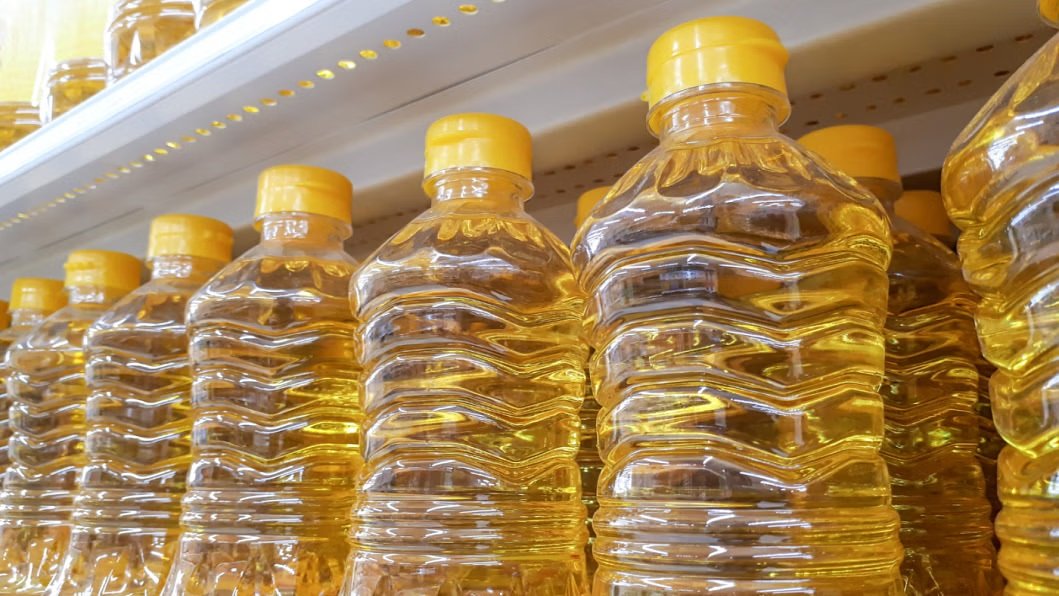The government raised the retail prices of soybean and palm oil yesterday amid concerns that this would raise the cost of living.
The price of each litre of bottled soybean oil is now Tk 189, a Tk 14 increase, and non-bottled soybean and palm oil is Tk 169, a Tk 12 increase.
Inflation increased slightly in March, driven by a rise in non-food prices. However, it had declined in the three previous months.
Overall inflation stood at 9.35 percent in March, up from 9.32 percent in February, according to data released by the Bangladesh Bureau of Statistics.
Following a meeting with oil refiners yesterday, Commerce Adviser Sheikh Bashir Uddin admitted that the new oil prices would pose challenges for consumers.
He added that the rise in soybean oil prices was temporary.
The new prices correspond to the international market rates, he said.
According to World Bank data, the price of soybean oil was $1,101 per tonne in December last year and $1,040 in January this year in the international market.
Although it slightly increased in February, it fell again in March to $1,005 per tonne.
The adviser also said that improved supply and increased competition might bring down the prices soon, he said.
Bashir said the government had been forgoing around Tk 550 crore in revenue from edible oil every month. In the months leading up to Ramadan, nearly Tk 2,000 crore in revenue was waived.
Since October last year, the government has lowered VAT on edible oil twice.
On December 15, the National Board of Revenue lowered VAT on the import of crude and refined soybean oil and crude palm oil to 5 percent.
As the rate went back to 15 percent this month, oil refiners lobbied for a rise in the prices.
The last price hike of bottled soybean oil was on December 9 last year, when the price was set at Tk 175 per litre.
Since then, the government took several steps, but the country's edible oil market had not stabilised.
Most of the time, consumers had to buy edible oil at prices higher than the government-set rate.
Even though the government officially raised prices yesterday, wholesale markets in Dhaka and Chattogram had already been selling the product at nearly the same price for the last 10 days.
The adviser also said that to boost the supply of edible oil in the local market, two edible oil companies have already started production.
Another 6–7 companies are expected to begin production very soon, he said.
Shafiul Ather Taslim, director for finance and operations at TK Group, a leading importer and commodity processor, told that the price should have been increased by Tk 21 per litre.
"So, we will now have to provide a subsidy of Tk 7 per litre," he said, adding, "The price adjustment was made after extensive discussions with the government.
In the global market, prices have remained almost steady since January, Taslim added.
SM Nazer Hossain, vice president of the Consumers Association of Bangladesh, said over the last two to three years, the cost of living increased.
Although the government has taken several measures, buyers have benefited in very few cases, he said, adding that now, the hike in edible oil prices will further worsen their hardship.
Raising prices at this moment was not the right decision— the government could have explored alternative ways to generate revenue, he added.
Bangladesh's annual demand for edible oil stands at around 24 lakh tonnes, with about 90 percent met through imports, according to the Bangladesh Trade and Tariff Commission.








